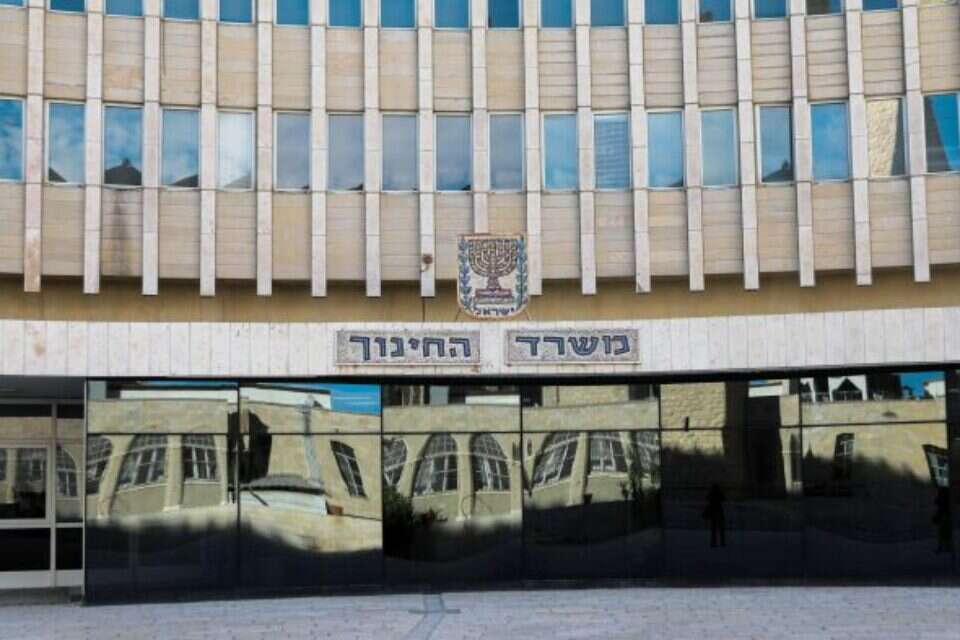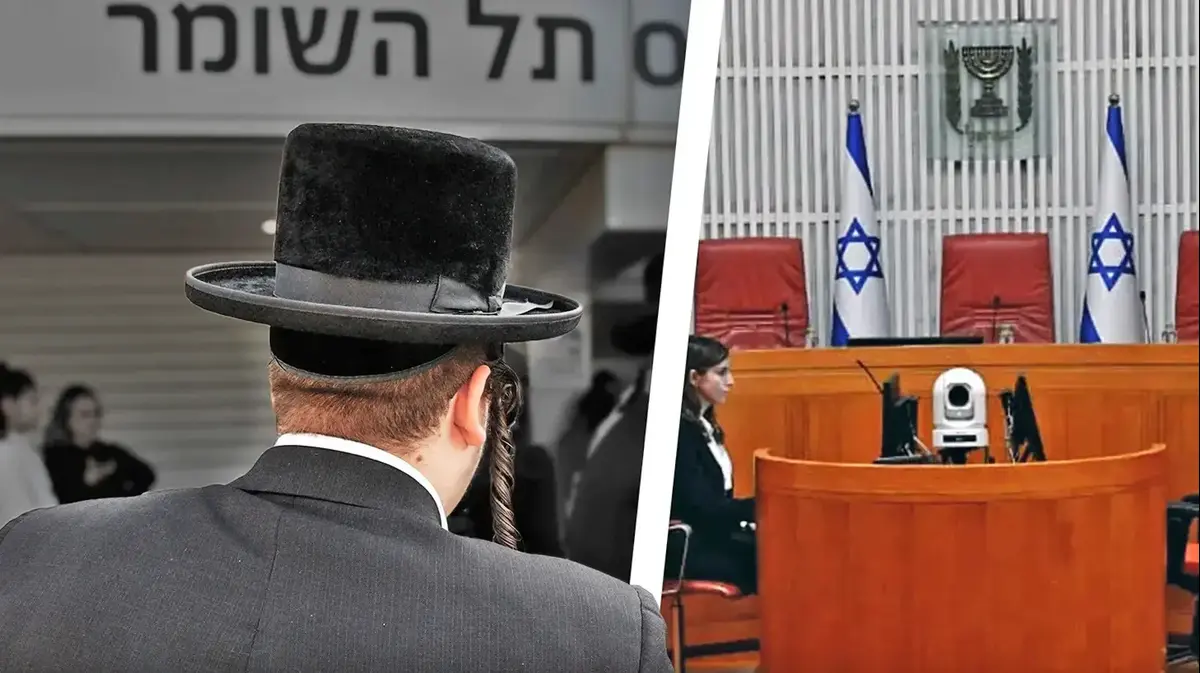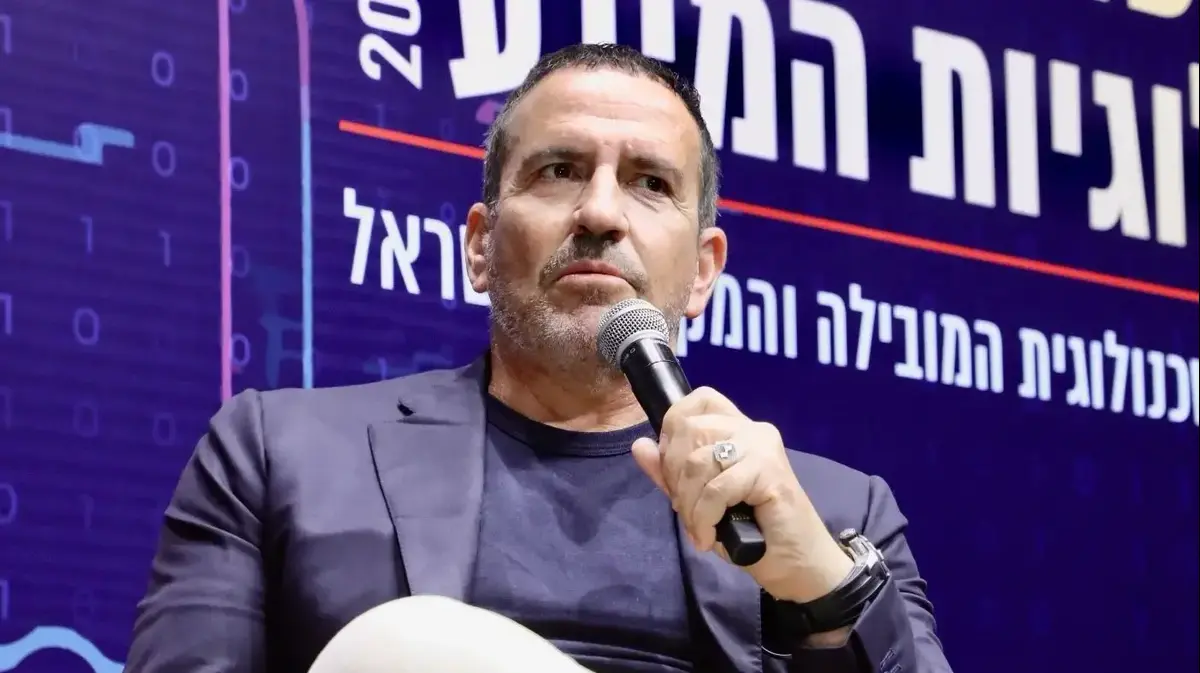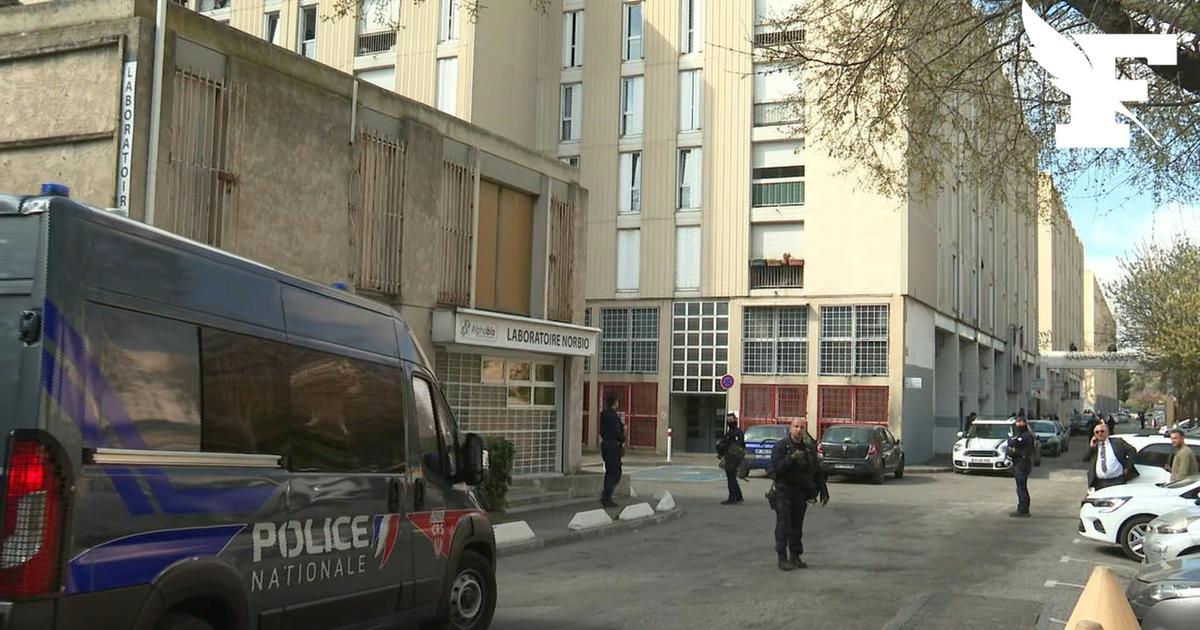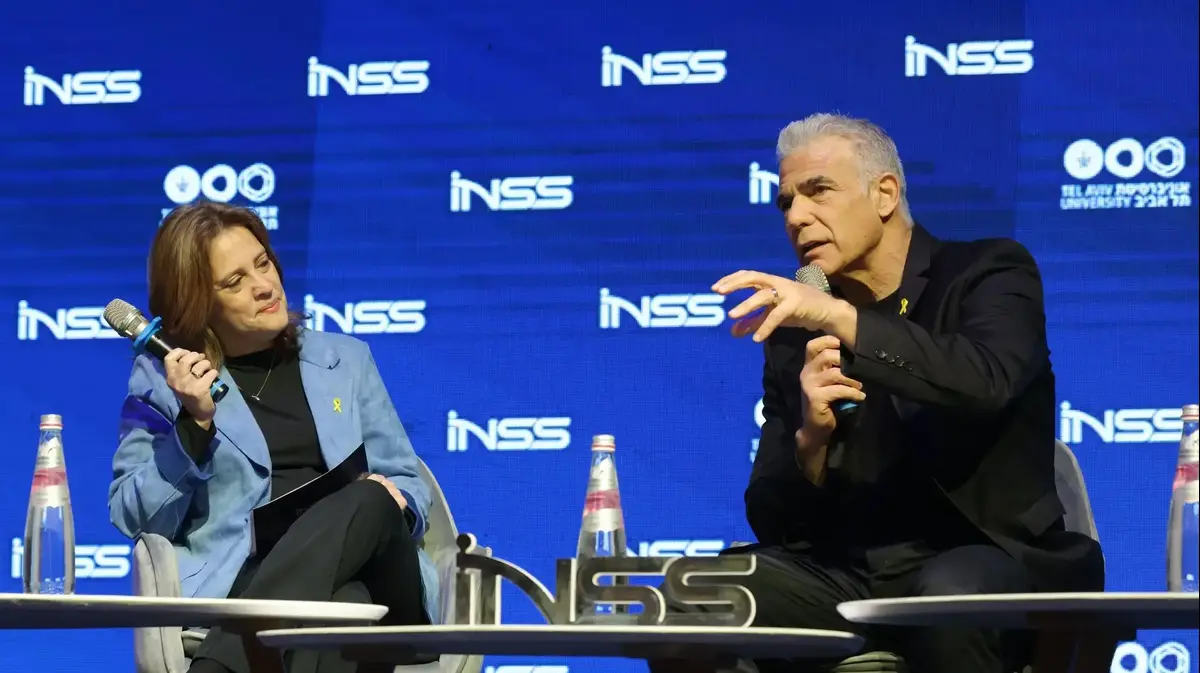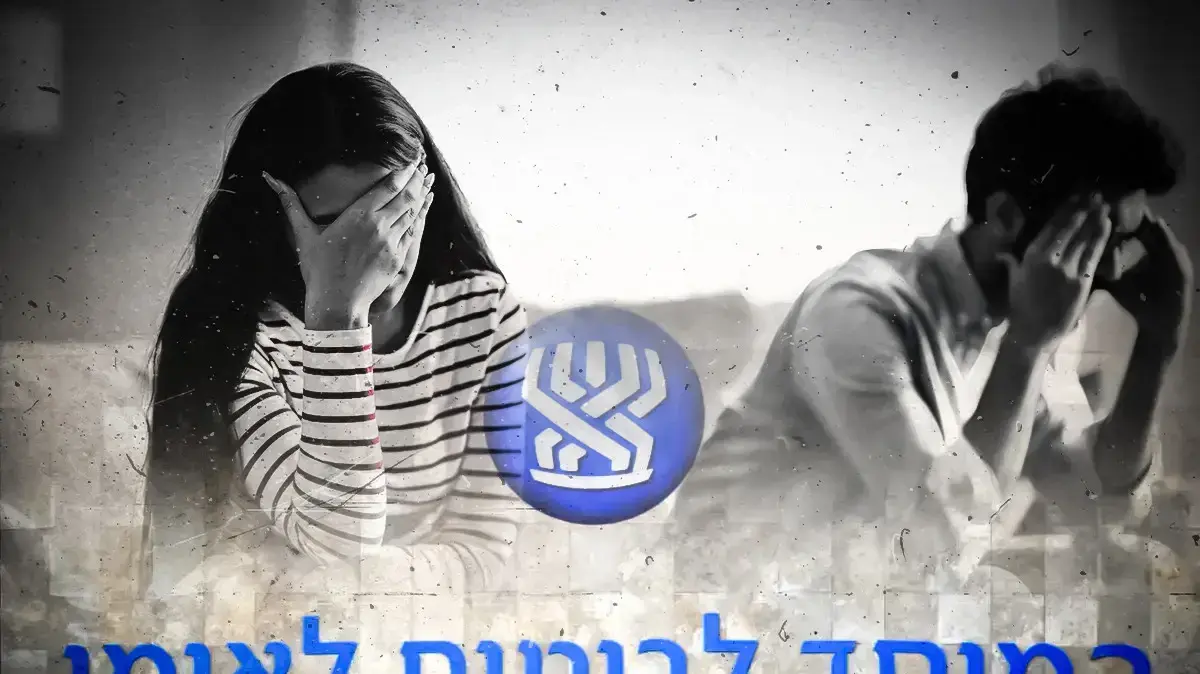I was a teacher.
I taught wonderful students.
My heart goes out to my friends who want to make sure no teacher has to choose between a reasonable salary and abandoning the educational arena.
But as with any sensible household, solving the problem does not begin with a requirement for an additional budget, but with an examination of the money already in the system.
The state needs to ask itself how the money that has already gone out of the budget is managed.
More than NIS 55 billion is spent by schools - from first to twelfth grade in all streams - on Israeli taxpayers. Of this, teachers' salaries require about NIS 40 billion. Students, and you will receive, in a rough estimate, a cost of about NIS 22,000 per year per student.
2,200 per month, every month between September and June.
The average class has about 27 students, and the bottom line is that the value of each class is budgeted at an average of a little less than NIS 60,000 a month.
Suppose each class has three full-time teachers (or some part-time teachers), including assistants and administrators, then there is enough money left to give each teacher a salary of at least NIS 15,000 a month and buy a tablet for each student and a coffee machine for the teachers' room.
Like any game with big budget figures, this short exercise is almost meaningless.
After all, a high school student is more budgeted than an elementary student, and a special education student is four times more than a regular education student;
But the bottom line is that money is not necessarily the problem of the education system.
How the money is used and its distribution - between teachers and ministry officials, between regular education and special education, between programs with a blasted name and the provision of additional resources to teachers - require careful scrutiny.
Imagine that the system manages to become more efficient and save only two percent of the firm's budget - say, about NIS 1.1 billion.
Imagine that this money is distributed proportionally among each of the 5,208 schools for use by the administration as an economic incentive for teachers, so that each institution will receive a "small fund" of more than NIS 200,000 on average.
That way, without reform with a good name, without quarrels with the treasury, without exhausting demonstrations - just to be a little more efficient and raise teachers' salaries, while encouraging outstanding teachers and giving the principal discretion.
It's a bit naive, it's certainly not a perfect systemic solution, but it's an almost negligible optimization proposition that can make the difference between a worn-out and trampled teacher and a teacher who knows his salary respects him, and that his effort to be good matters.
By the way, a similar idea was proposed in the report of a spokesperson committee and was never implemented, even though in the starving Israeli schools - every shekel makes a difference.
"Wedding" and "Big Brother" have pushed aside the endearing reality genre, in which a coach with a battalion commander helps a family get out of the red. The first and most embarrassing step is to always check where cuts are made. That has become our life, before demanding more and more resources for the education system from the state coffers - it is very worthwhile for the captains of the system to give an account of the billions that are already in it.
Were we wrong?
Fixed!
If you found an error in the article, we'll be happy for you to share it with us

